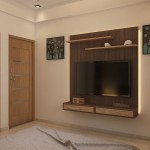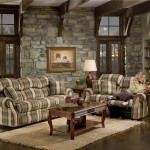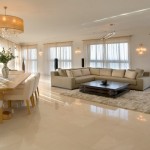Quartz countertops have become very popular among homeowners who are looking for a change in their kitchens.Quartz is hard–it’s definitely similar to granite in that respect–but it has a few differences as well.
Granite is completely natural and can be very porous, meaning that if you don’t seal it properly and regularly you could see stains develop from even small spills.
Quartz is also scratch and chip-resistant, since its polymers and resins give it a little more flexibility than natural stone. However, unlike granite, the resin in engineered counters is not heat resistant, so you can’t take your pans from the stove to the countertop like you can with granite. Both are very hard materials, though granite is easier to chip if you drop a heavy object on it.
PROS
1. The material is made of engineered materials, a mix of quartz powder and polymer binding agent. This makes it super hard and mimics stone.
2. Quartz countertop is scratch and stain resistant and non-porous, therefore not needing to be sealed regularly like granite countertop. It also cannot attract mold, mildew and bacteria
3. Quartz countertop from branded companies have a better quality and finish. The resins make it more flexible and design friendly.
4. There are plenty of colors available, and these countertop can even be found in electric blue and fire engine red
5. The material can also be made to look like marble with veins and sparkles.
6. Unlike marble which has a dull finish or granite a sheen, quartz countertop have a finish that can either be matte, textured slate, or gloss.
7. Quartz is hard, sturdy and extremely durable. It combines the qualities of stone and the sheen of laminates and also looks like natural stone
CONS
1. Quartz counters can crack easily. Once this happens, it loses its look
2. If not purchased from the right people, they can be of inferior quality and can break easily
3. Quartz counters are pricey just like granite.
4. The countertops cannot take much heat beyond a point. Their surface cracks when high heat utensils (< 400 degree F) are placed on them.
5. Quartz countertops cannot weather the outdoors. With too much sun, color fades with time or causes the counter to warp.
Granite will take a hot pot while quartz is less resistant to high heat. Quartz is a manufactured stone and it is hard to duplicate the veining and pattern look you get from genuine marble or granite. Quartz is approximately 20% to 40% more expensive than granite.










